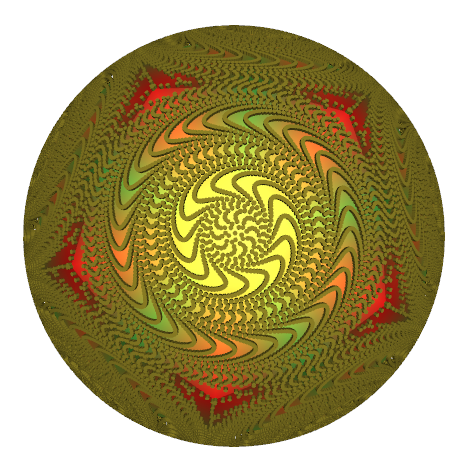|
Size: 1938
Comment:
|
Size: 2000
Comment:
|
| Deletions are marked like this. | Additions are marked like this. |
| Line 10: | Line 10: |
| * [[http://blake.bcm.tmc.edu/eman/eman2/INSTALL|EMAN2's non-wiki installation instructions]] (Linux) * [[EMAN2/COMPILE_EMAN2_LINUX|Compile EMAN2 on Linux]] |
* [[EMAN2/COMPILE_EMAN2_LINUX|Compile EMAN2 on Linux]] | EMAN2's [[http://blake.bcm.tmc.edu/eman/eman2/INSTALL|non-wiki]] installation instructions |
| Line 21: | Line 20: |
| * More installation FAQs can be found on the [[EMAN2/FAQ|FAQs]] page. |
Compiling and Installing EMAN2
Most users, even 'advanced' users should select a binary install. If the binaries don't work for you for some reason (please let us know, or if you need to write new low-level image processing functions, then you can resort to a source-based installation.)
EMAN2 uses an increasingly popular approach of writing all of the main computationally intensive image processing operations in C++, but writing all of the user programs, including those with GUIs (graphical user interfaces) in a scripting language called Python. All of these Python level programs can be edited by the end-user WITHOUT requiring a C++ development environment. Note that most users won't want or need even this level of customization.
Binary Installation
Compiling from Source and Setting Up a C++ Development Environment
Compile EMAN2 on Linux | EMAN2's non-wiki installation instructions
FAQ
How do I know my EMAN2 installation or compilation is successful?
More installation FAQs can be found on the FAQs page.

